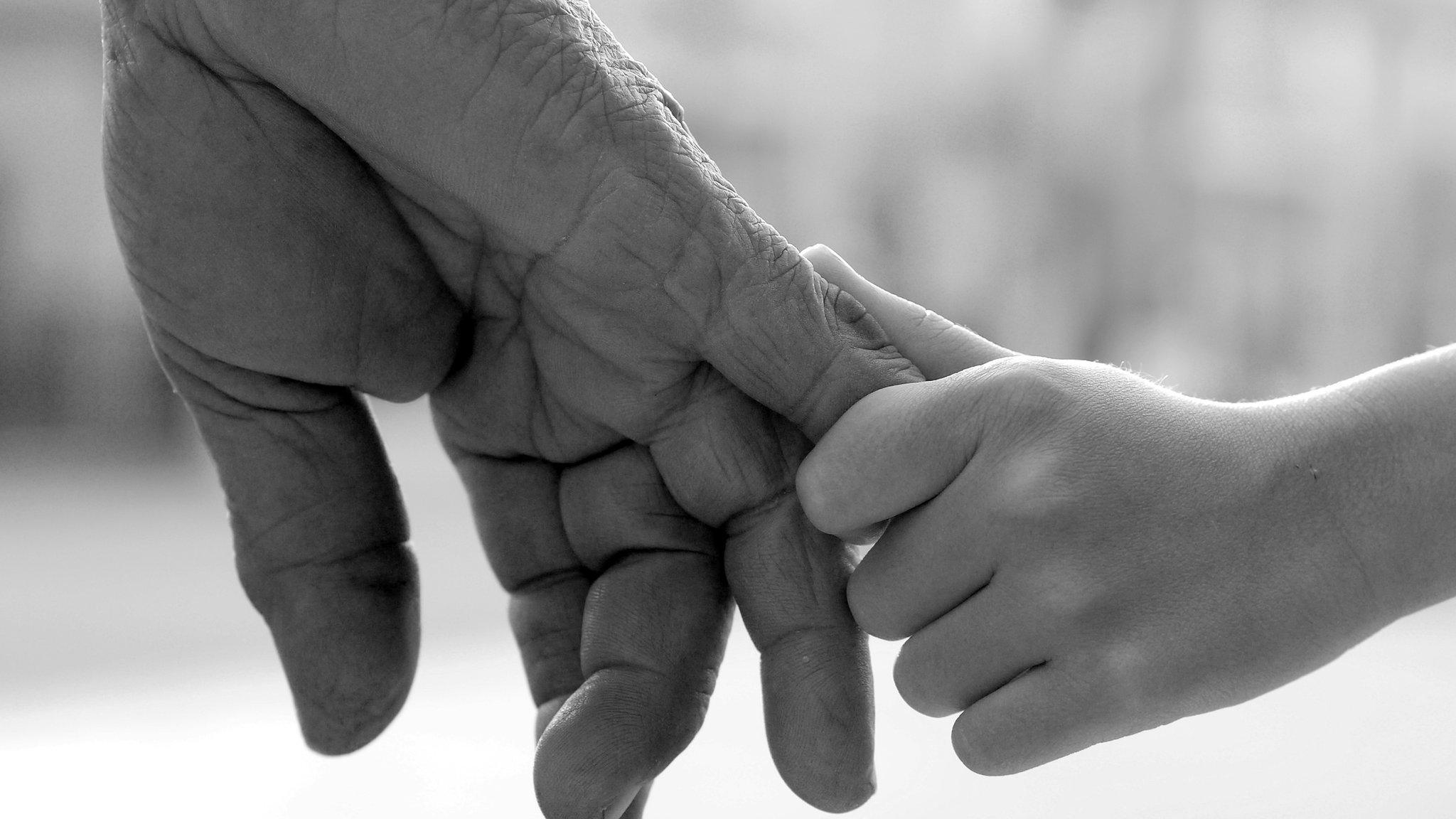Spending power on the rise, says ONS
- Published
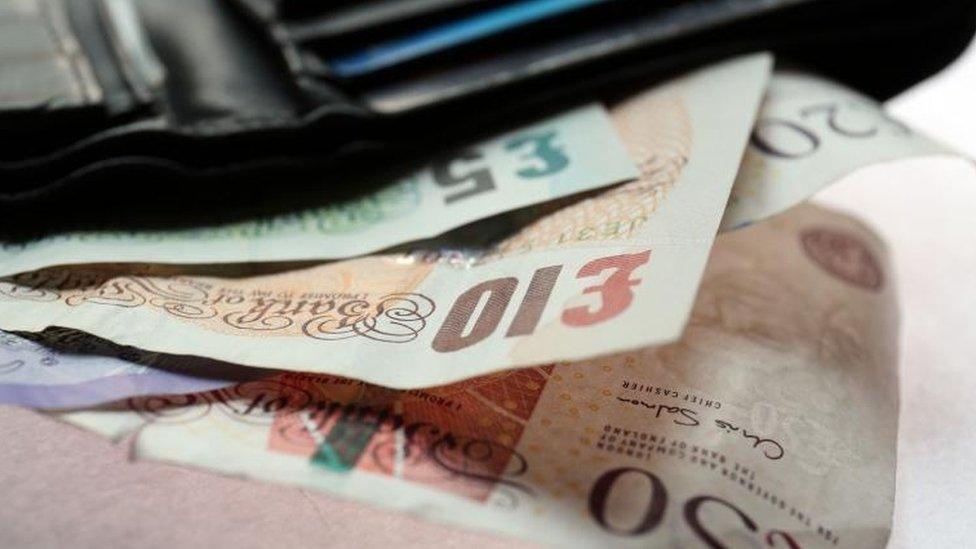
The average UK household's disposable income - or spending power - rose by nearly £600 in 2015-16.
The typical household had £26,332 to spend after taxes were paid and benefits received, the Office for National Statistics (ONS) said.
Retired households saw a faster rise than others compared with the previous year, owing primarily to income from private pensions.
The richest fifth of the population saw a slight fall in their spending power.
Better off?
The average UK household saw their disposable income rise by £564 compared with the previous year, after the rising cost of living - measured by inflation - was taken into account, the ONS said.
Senior statistician Claudia Wells said: "Household incomes are above their pre-downturn peak overall, but not everyone is better off.
"While retired households' incomes have soared in recent years, non-retired households still have less money, on average, than before the crash."
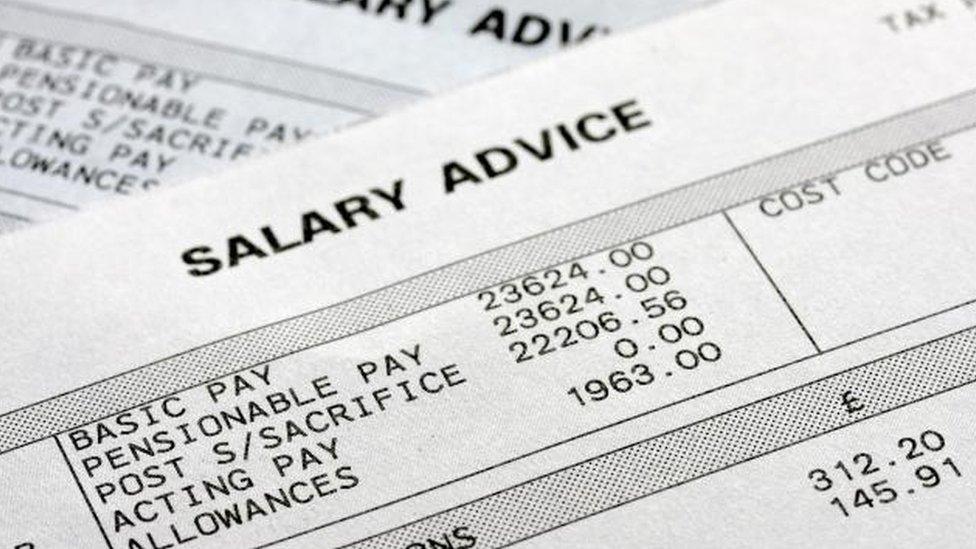
The median average disposable income of pensioner households has recorded a rise of 13% since 2007-08, compared with a 1.2% fall among non-retired households.
The ONS puts growing private pensions ahead of the guaranteed rise in the state pension - under the so-called triple lock - as the long-term reason for the pick-up in pensioners' incomes.
However, the £21,770 of typical spending power for retired households remains below the £28,481 of non-retired households.
The top fifth of households saw real incomes fall back by £1,000 a year, while the poorest gained £700 on average in 2015-16, the ONS said.
Top pay levels have come under pressure, but employment prospects and pay for the poorest have improved, it added.
The figures come as Labour leader Jeremy Corbyn said he would like to see a maximum cap on the amount people can earn.
Household income has tended to pick up faster over the years owing to an increasing number of couples both in employment.
'Squeeze'
Matt Whittaker, chief economist at the Resolution Foundation think tank, said: "It was another strong year for living standards, particular for poorer households. Strong employment growth, low inflation and rising pensioner incomes over recent years have helped drive inequality down to its lowest level in nearly 30 years.
"However, the last three years of growth have come back off the back of a living standards squeeze so deep that typical working age families are still £345 poorer than they were before the financial crisis.
"With employment plateauing, productivity growth refusing to budge and inflation rising, the risk is that this mini boom won't continue."
Former chancellor George Osborne tweeted that "ONS data today shows inequality fell in 2015/16 & incomes of poorest rose. Progressive Conservative policy at work."
- Published10 January 2017
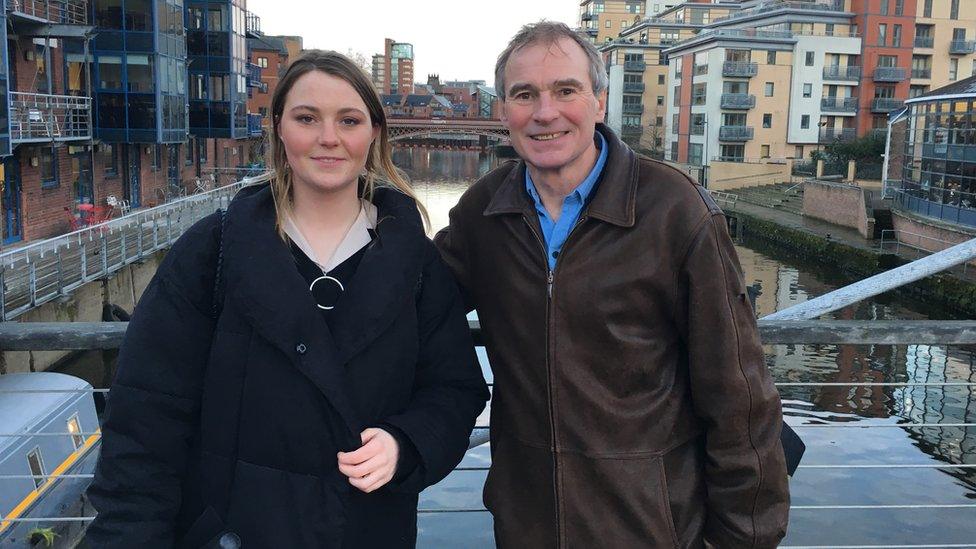
- Published22 November 2016
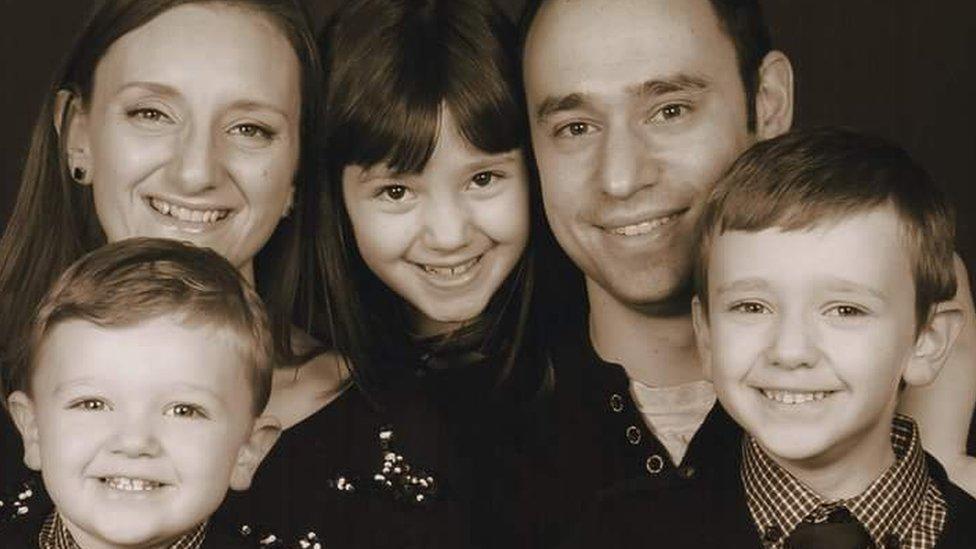
- Published8 January 2017
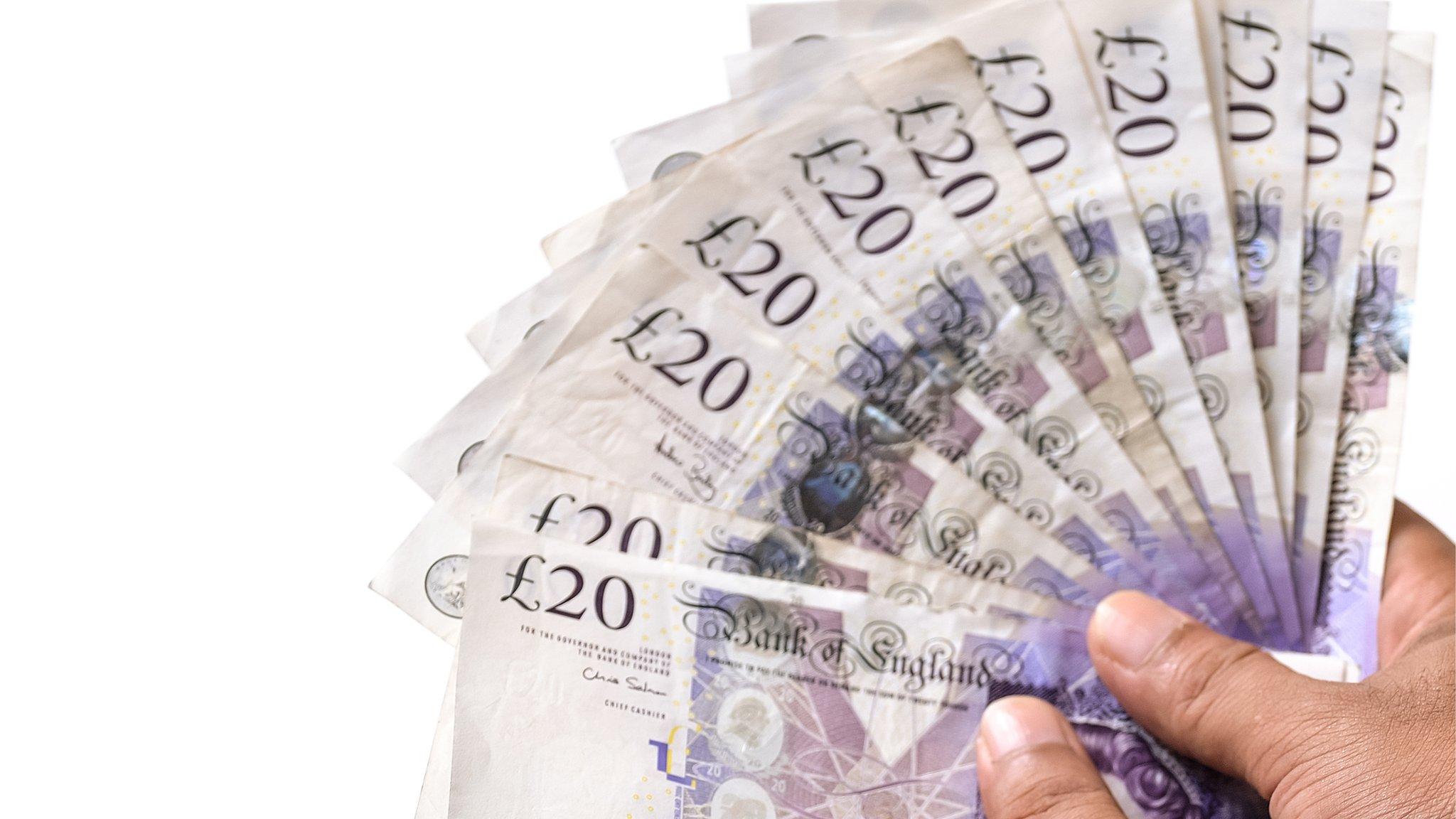
- Published5 January 2017
